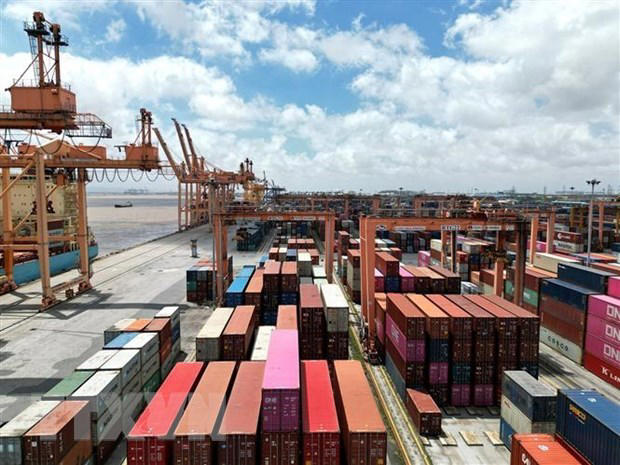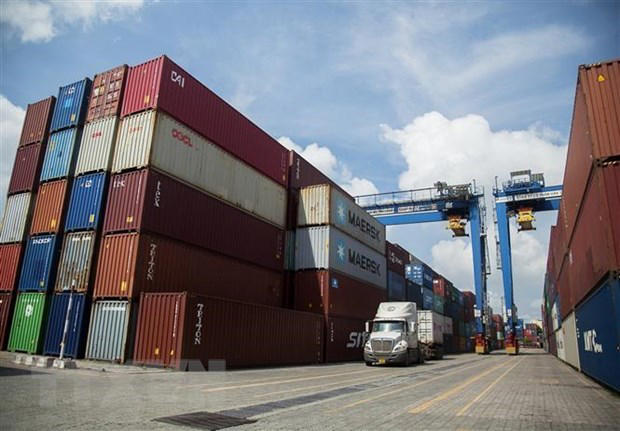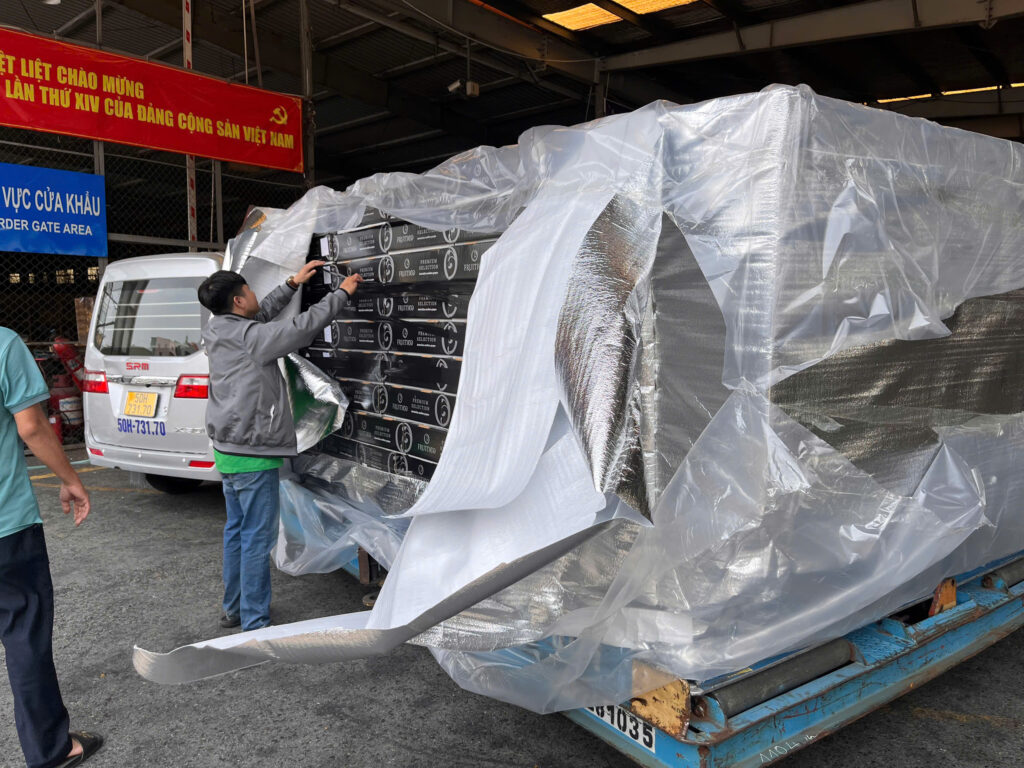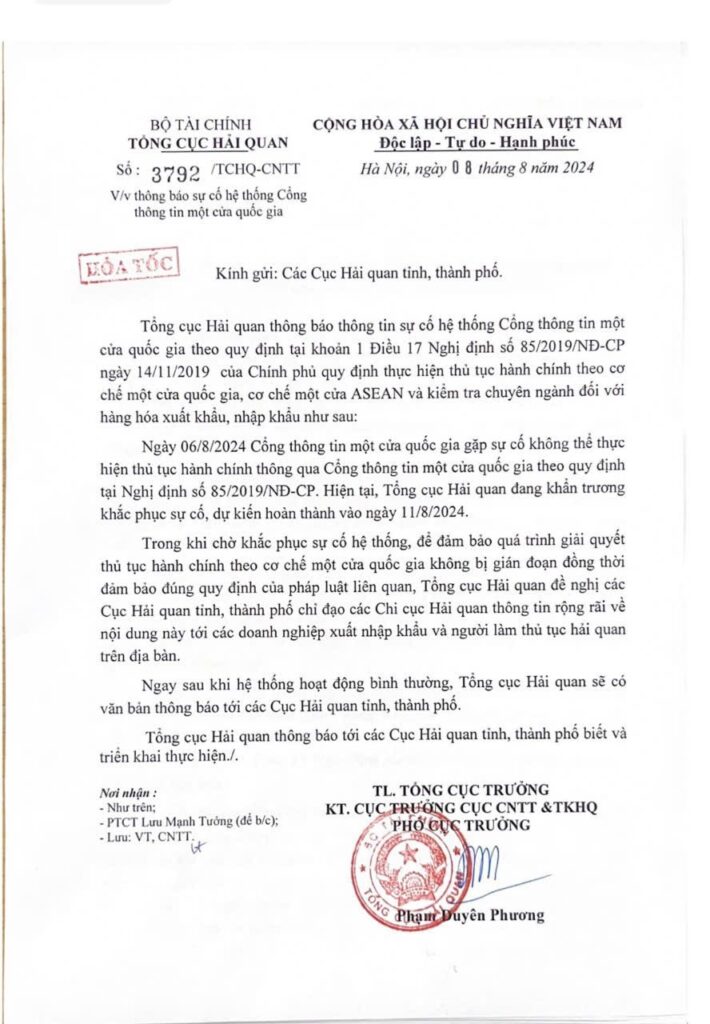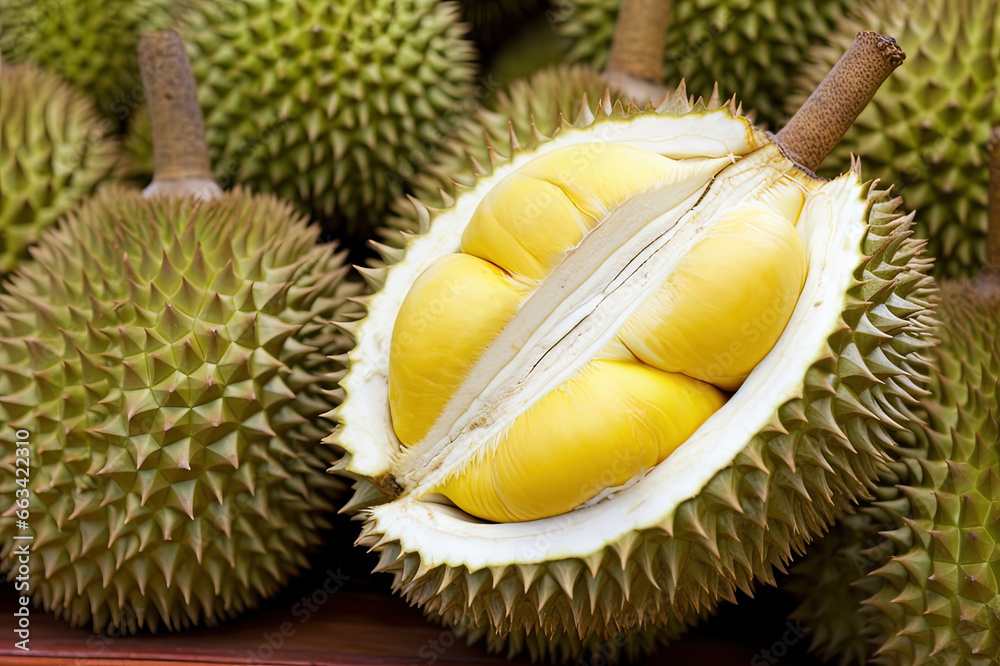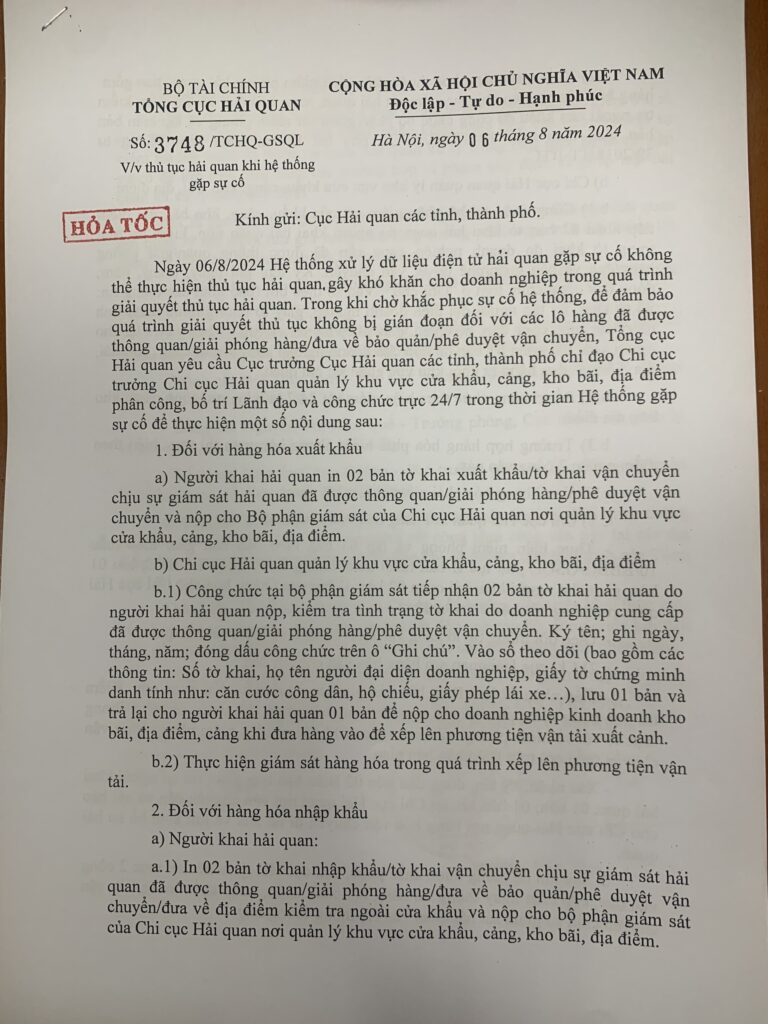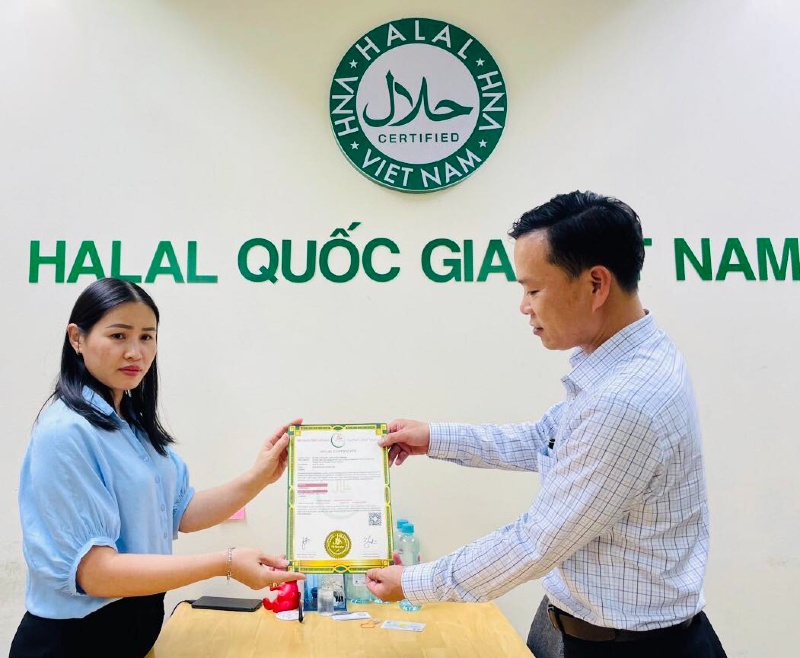The representative of the Vietnam Trade Office in the UAE recommends that Vietnamese exporters must be cautious and carefully negotiate payment terms to ensure safety and need to find out before signing the contract.
In order to ensure the interests of Vietnamese export businesses from the case of a shipment of pepper, cinnamon, cashew and star anise worth more than half a million USD exported to Dubai, the United Arab Emirates (UAE) is suspected of scam, in recent days the Vietnamese Embassy and the Vietnam Trade Office in the UAE along with Dubai authorities have been actively involved.
Up to now, 4 shipments of pepper, cinnamon and cashew have been taken out of the port by the buyer, while the seller, Vietnamese businesses, have not received payment. There is another shipment of star anise kept at the port in Dubai.
Reflecting on this incident, Mr. Tran Thanh Hai - Deputy Director of the Import-Export Department (Ministry of Industry and Trade) said: Through information, there is a common point in the case of 76 containers of cashew nuts in Italy last year and 5 containers of starch. pepper, cashew nuts, cinnamon, and anise in the UAE this year is the case of the document delivery company handing over a set of documents to an unauthorized person at the buyer's bank.
This is a "flaw" in a seemingly very strict process, leading to the set of documents being leaked into the hands of the buyer while the buyer has not yet paid the bank. If this is true, the delivery company is responsible for losing the customer's documents, leading to the situation that happened - the buyer received the goods without paying.
In fact, as international trade grows, disputes often occur. These are civil transactions and disputes. Notably, recently there has been the involvement of diplomatic agencies, Vietnamese Trade Offices abroad... in working with port authorities and the Ministry of Foreign Affairs on your side to try to retain the shipment. 5th row.
After that, these agencies continue to work with shipping lines to recover or transfer to other buyers. The incident requires verification of the partner's credibility and reputation. This is not easy because the distance between countries is very far.
According to Mr. Tran Thanh Hai, there are a number of solutions businesses are using such as through credit rating organizations or business consulting organizations. They have a large data warehouse available, updated regularly to be able to evaluate the status of the business. There are many such organizations, but businesses must accept to pay fees.
Besides, through organizations, industry associations, the Vietnam Trade and Industry Confederation (VCCI) and Vietnamese diplomatic representative agencies abroad.
One way businesses can limit risks is through a logistics service business and consider it as a safety valve. For example, when an exporting enterprise uses the services of a logistics enterprise in Vietnam, the partner in Dubai will be responsible for delivering documents to the logistics partner in Dubai, not to the buyer.
That partner will be responsible for handing it back to the buyer. In this case, even if the buyer has a set of documents, because the documents do not bear their name, they cannot get the goods. This is an effective process that businesses can implement within their reach.
In addition, businesses themselves must always proactively raise awareness through working with legal consultants or lawyers throughout the business process, not just when a dispute occurs.
To reduce risks in import-export business, Mr. Tran Thanh Hai recommends that import-export businesses should use consulting and legal services, considering consulting companies and law firms as companions in their business. the entire business process, not just when a dispute occurs.
These companies will help businesses learn about partners and review contracts to avoid unfavorable terms; In which, in case a dispute arises, we will support or represent the business to handle it. In addition, export businesses need to buy insurance for goods to reduce losses in case of risks or disputes.
On the other hand, require inspection and testing of goods before delivery (in cases where Vietnamese enterprises import goods from abroad).
Enterprises regularly share and update information, raising awareness of unusual signs. Specifically, buyers use free email addresses to transact; Buyers make overwhelming, frequently changing demands; Buyers avoid meeting and direct contact; Buyers order first batches in small quantities, pay in full then suddenly place orders in large quantities…
Regarding this incident, the representative of the Vietnam Trade Office in the UAE recommends that Vietnamese export businesses must be cautious and carefully negotiate payment terms to ensure safety and need to learn and verify the business before purchasing. contracting. In addition, businesses need to limit the use of postpaid T/T (Telegraphic Transfer) payment methods or pledging checks (checks are worthless because there is no money in the account).
This is a very risky form of payment because the buyer receives the goods and does not pay, or the buyer does not receive the goods and will incur costs to bring the goods back. If it is fresh products, businesses will have to bear more costs./.
Read the original article here This.

